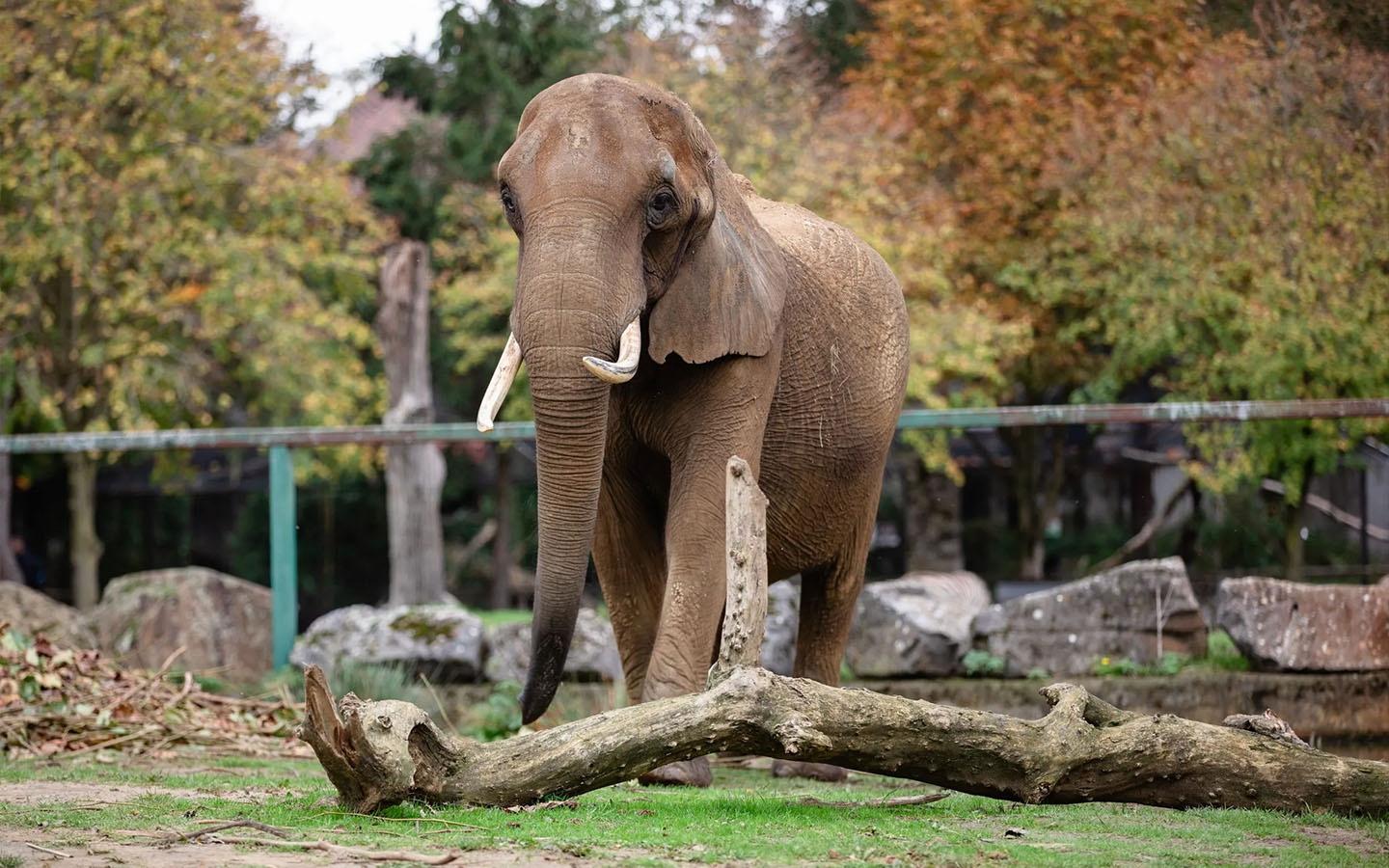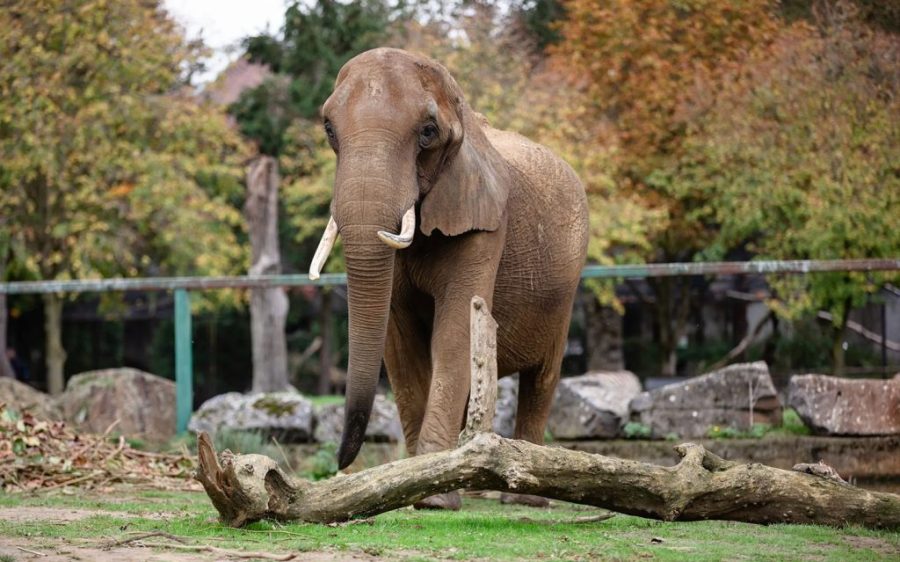Europe will see its first captive elephant sanctuary open in Portugal early next year, the Portuguese news agency Lusa reports.
The non-profit Pangea Trust said the sprawling 402-hectare sanctuary, situated in the south-central Alentejo region of Portugal, expects to receive its first animals in early 2026. The town councils of neighbouring Alandroal and Vila Viçosa are partners in the project, with support from the General Directorate for Food and Veterinary and the Institute for Nature Conservation and Forests.
A “significant” amount of money has gone into purchasing the property and preparing it for the elephants. “We’ve been working on managing the habitat, improving its quality and making sure it’s as diverse as possible,” Pangea director-general Kate Moore told Lusa.
With construction of the first barn and enclosure begun about two months ago, Moore said they expect “to receive the first elephants at the beginning of 2026, between January and March.”
[See more: Elephants use names for each other, new research suggests]
According to Pangea, more than 600 elephants are currently living in captivity across Europe and without anywhere to relocate these massive animals, governments “remain powerless to enforce welfare laws.” The new sanctuary in Portugal, modelled on large-scale facilities across Asia, Africa and the Americas, offers an expansive space where elephants “can roam, forage, and socialise freely” while “also receiving expert, individualised care.”
“We’re not here to rescue elephants, but to work with people who already have elephants and are looking for an alternative for these animals,” such as “elephants that are in countries where circuses have been banned from using wild animals” or zoos that “no longer want to keep elephants but do not have a place to send them,” Moore explained.
A Europe-scale feasibility study identified Portugal as having the “ideal habitat and climate conditions” for the project. The property in Alentejo, Moore told Lusa, was selected for “its topography – very gentle hills that are good for elephants to walk on – very diverse habitat and a private area with plenty of water.”
Moore said the sanctuary is already working with local companies and eager to create more partnerships. While the project includes specialists in elephant welfare and breeding, she said there will also be a “training programme to develop local skills.” Area residents will also be among the few who will have the chance to visit the sanctuary, which will not be open to the public regularly.






